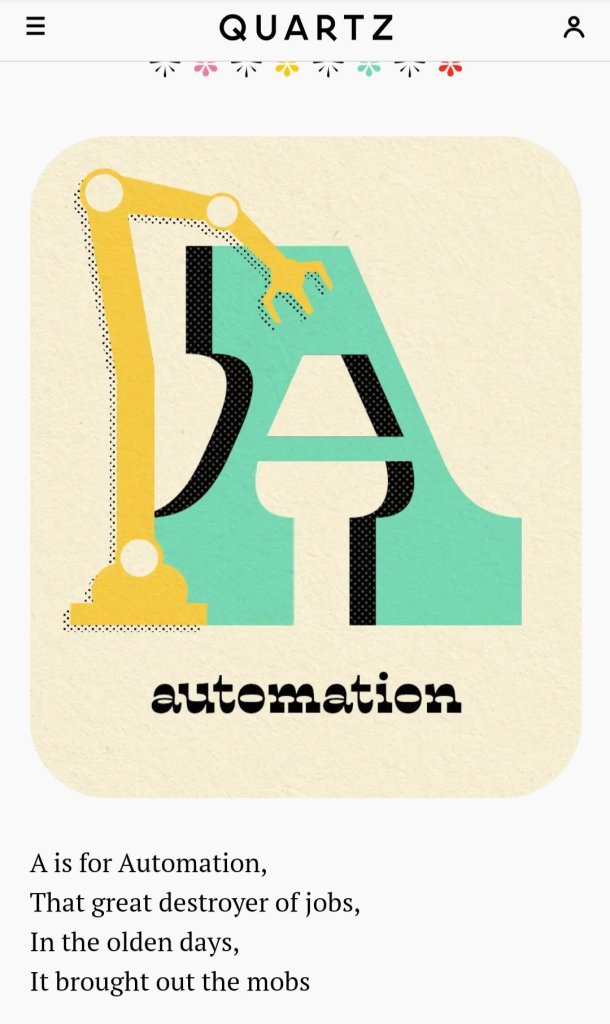On describing emotions, many researchers accept the theory put forth by psychologist Paul Ekman that our brains project six basic emotions: sadness, happiness/enjoyment, fear, anger, surprise and disgust. Ekman has put forward two additional ones, guilt and shame.
When I pondered over the overwhelming 1:5 of our brain naturally veering towards negative and destructive gloom-doom emotions. It is no wonder that in this age of high intelligence and AI, we are also seeing the most depressed generation.
Positive emotions such as joy and happiness are just as real. Father of Positive Psychology Martin Seligman championed this field in 2000. Why did it take so long for positive psychology to be accepted by mainstream psychology. Certainly courage was displayed by him and his unknown sponsor to propose a field of research so valuable and so real.
Which reminds me of the joke. If you cant see or touch something, does it exist? How do you prove it exist? Herein lies the difficulty of research and science.
Why is this the most depressed generation? We have lost the language and the fluency practiced by poets and faith based organisations. Our social constructs are gripped by what sells and what the brain is naturally inclined towards – the negative. Is it any surprise that wars, guns, fights on roads and in public transport fills the news.
Just like music needs a repetoire of tones, we need to understand the repertoire of emotions that we have lost. For my own health, I want to develop a fluency of the positive emotions.
In psalms, we read about awe.
In stories like Arabian Nights, we learn about curiosity, how a good story saved the life of a young bride.
In Aesop’s fables, we learn about wit and positive reflection. Aha!
While sadness, anger and the other destructive emotions are useful guides, we need to intentionally seek what we have lost.
Celebration of a bountiful harvest. Families coming together to share a lamb too big to eat alone. Sitting by a fireplace to reflect on memories.
What are positive emotions that are important to me?
Can they change the lens I see the world or even the future?
Lens of hope and faith
Lens of joy
Lens of compassion and lovingkindness
Lens of awe and wonder
Lens of creativity
Lens of gratitude
Paul, the philosopher of love, names them fruits of the spirit, love, joy, peace, patience, kindness, gentleness, self control.




